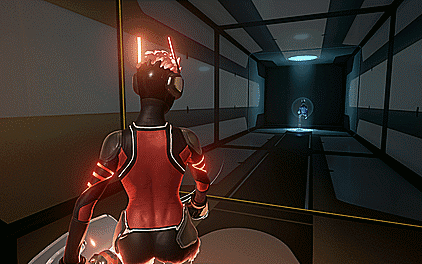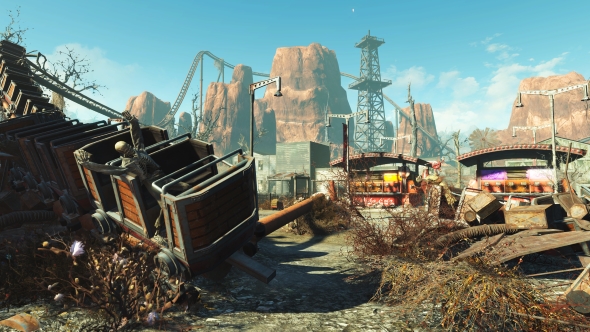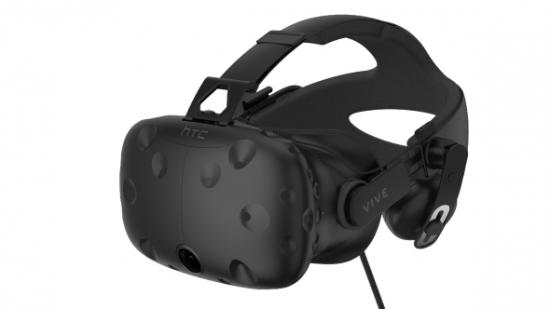“You can’t swing a cat at GDC 2017 and not hit three VR developers. It’s everywhere,” Joel Breton, VP of content at Vive, told me off the show floor. But large-scale game development takes time so it’s going to be a while before those big developers even announce their serious VR plans.
Virtual reality requires real power. Check out our pick of the best graphics cards around today.
During our chat it was clear Breton wanted to talk about the new content coming from the larger publishers and developers. It’s those triple-A games, the killer titles, that will be a large part of the driving force behind more mainstream VR adoption. Right now there simply isn’t that must-play game that would have you reaching to strap on a headset for hours at a time, let alone one that would encourage you to part with the cash in the first place.
But with their hands tied by the publishers there’s nothing Vive can do about getting the message out there that the good stuff is coming. Honest. Instead we have to rely on faith that it will eventually be here.
“It’s up to our publishing and development partners to decide strategically when they want to announce things,” said Breton. “We’re certainly encouraging them to announce as soon as they can, because we want the audience and the gamers at large to know that some of their favourite brands, some of their favourite studios, some of their favourite IP are coming to VR very soon.”
It could be an interesting E3 for virtual reality this year…
But what the hell are the likes of Vive and Oculus going to do for the next two years while we all wait for the big-time charlies to get their triple-A VR games out the door? Well, we go back to old school gaming principles – pure mechanics.

It was a familiar refrain across all the myriad VR demos me and my poor, confused inner-ear struggled through during GDC week. Everybody wants to move away from the ‘experience’ type releases which have filled up most of the VR download lists up to now and are moving towards actual games. But they’ll be stripped-back games, more about the actual mechanics of gameplay than long, story-rich titles.
That’s not to denigrate the work developers are putting into the ecosystem right now. The best thing I played all week was CCP’s first non-Eve universe game, Sparc. It’s a simple 1-v-1 VR version of Tron-y dodgeball, but it’s addictive, tactical and utterly engaging. The level of interaction you have with your opponent – being able to see the real-time movement of their arms and heads – is seriously immersive too. Vive Studio’s VRSports table tennis game had similar elements and also felt like something I’d go back to again and again.
“Hundred hour experiences take typically a team of a hundred four to five to create, sometimes six and seven,” explained Breton. “We haven’t even had our hardware out for two years. So those big experiences are going to take even maybe a couple more years to start appearing, just in terms of how long it takes to develop those.”
“We think multiplayer, great-mechanic games are a good bridge to that point, because it’s a lot easier. We made that within a year, the VR Sports game – fun mechanics but it doesn’t require building out huge environments, lots of characters, lots of story, so it can greatly shorten your production path, but yet still give you a really fun, polished game.”

There will, however, also be adaptations to help bridge the gap between games just with great gameplay mechanics and the broader, more cinematic experiences we’ve become used to. Bethesda long ago announced Fallout 4 VR and that they’re still progressing with it, and it’s going to be those sorts of adaptations in the short term that fill the void for VR.
“Essentially all the big publishers are working on VR,” said Breton. “It’s just a matter of whether they’re just trying to build a small strike-team and kind of learn the language of VR, some of them are doing that. Others are saying ‘hey, we’ve got this 150 hr game, how could we adapt that to VR?’ I think there’s some great success to be had with that in this interim term while we try to build those bigger, original games.”
